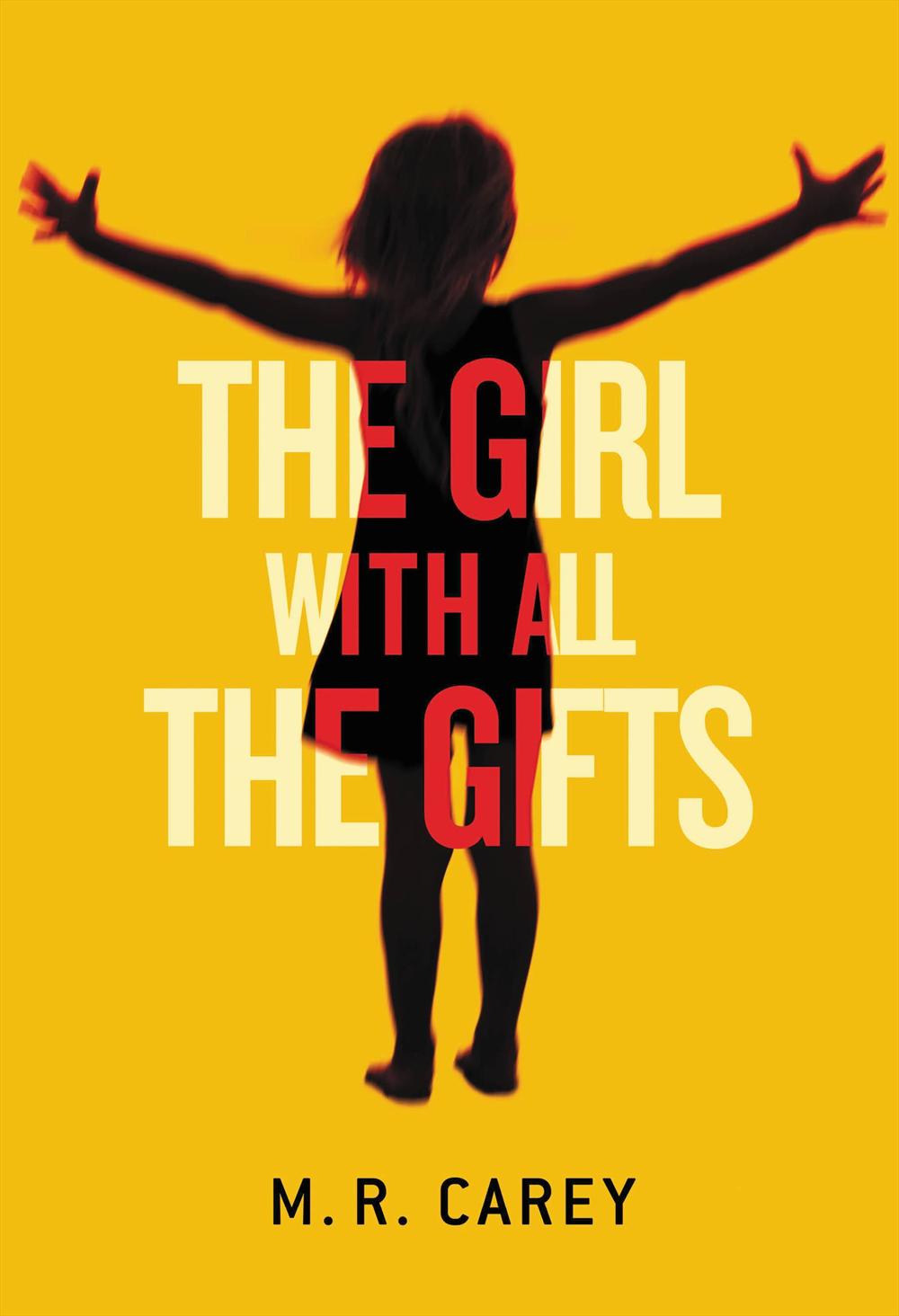The sequel to Locus and World Fantasy Award-nominated book Long Hidden edited by Rose Fox and Daniel José Older, Hidden Youth is a new anthology featuring fantastical short stories from the margins of history — young adult sci-fi and fantasy stories about oppressed and marginalized groups throughout the generations.
Also, it includes a story by me. "An Baile na mBan" is about Irish Travellers, Irish Nationalism, abortion, and, uhhh, sketchy púca faeries using women to enact their revenge on the Provisional IRA. Obviously.
Did I mention that this will be my first professionally-published (as in, paying SFWA rates) piece of original fiction?
So as you might figure, it means a lot to me. But it won't actually happen unless the anthology reaches its Kickstarter goal of $23,000 by Wednesday, July 6, 2016.
tl;dr — help a brother out, and tell your friends to do the same. KTHXBYE.





